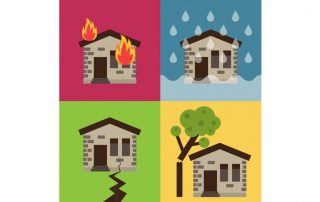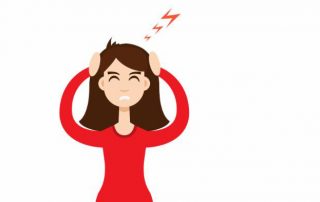Dogs on Call: Waiving Pet Rules to Comply with the Fair Housing Act
Many community associations have some type of covenant restricting the number and size of dogs or other animals that may be kept in the community. Some governing documents even prohibit certain types of animals or breeds of dogs. In the event a disabled resident (i.e., an owner or occupant) requests an accommodation from the association for his or her service or emotional-support animal, the association may be required to waive its pet rules to ensure compliance with the federal Fair Housing Act ("FHA"). Failing to recognize the importance of compliance with this law could result in costly legal trouble for the association.










